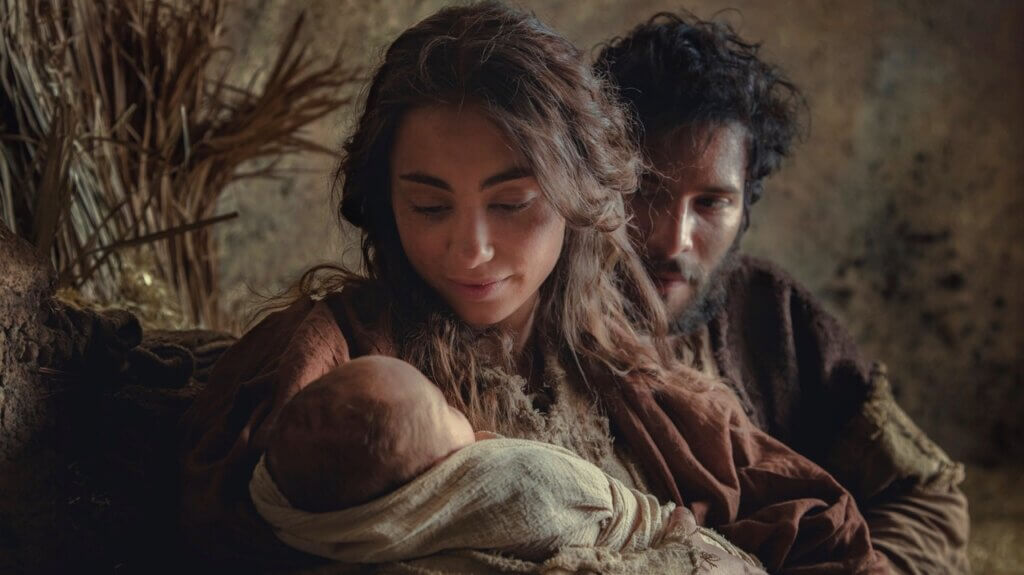Since I’ve taken up studying Isaiah, “Jesus, Once of Humble Birth” has become a favorite hymn of mine. I noticed a few years ago that each line describes a “descent” phase in the Savior’s life, followed by a subsequent “ascent” phase:
Jesus, once of humble birth,
Now in glory comes to earth.
Once he suffered grief and pain;
Now he comes on earth to reign.
Christ was born in quiet, unremarkable circumstances known only to the hosts of heaven. Furthermore, his birth was a pattern that forecasted his life, demonstrating that “he who humbles himself will be exalted” (Matt 23:12). As Isaiah wrote, “He was harassed, yet submissive, and opened not his mouth—like a lamb led to slaughter, like a sheep, dumb before its shearers, he opened not his mouth” (Isaiah 53:7). This Lamb-like humility before God is what subsequently empowers him to judge and redeem the world (Revelation 5:1-6).
Once a meek and lowly Lamb,
Now the Lord, the great I Am.
Once upon the cross he bowed;
Now his chariot is the cloud.
The apostle Paul taught that this attitude ought to be the hallmark of Jesus’ followers: “Let this mind be in you, which was also in Christ Jesus: Who, being in the form of God, thought it not robbery to be equal with God: But made himself of no reputation, and took upon him the form of a servant, and was made in the likeness of men: And being found in fashion as a man, he humbled himself, and became obedient unto death, even the death of the cross. Wherefore God also hath highly exalted him, and given him a name which is above every name” (Phillippians 2:7-9). If this same mind is to be in us, we also ought to humble ourselves, thereby becoming “joint-heirs with Christ; if so be that we suffer with him, that we may be also glorified together” (Romans 8:17).
In a similar vein, we can likewise expect that endtime saviors will be born—or rather reborn to a higher spiritual level—in silent and humble circumstances, whose true nature is initially only known to the hosts of heaven. Our Great Exemplar reveals the humble nature of such prophetic births: “the young woman with child shall give birth to a son and name him Immanuel” (Isaiah 7:14; cf. Matt 1:20-23).
On a larger scale, the woman Zion labors and travails in a time of great opposition to bring forth the Kingdom of God (Isaiah 66:8; JST Rev. 12:1-7). As Daniel records, “I beheld, and the same horn made war with the saints, and prevailed against them; until the Ancient of days came, and judgment was given to the saints of the most High; and the time came that the saints possessed the kingdom” (Daniel 7:21-22; cf. 1 Nephi 14:13-14).
Cameron Mayer












